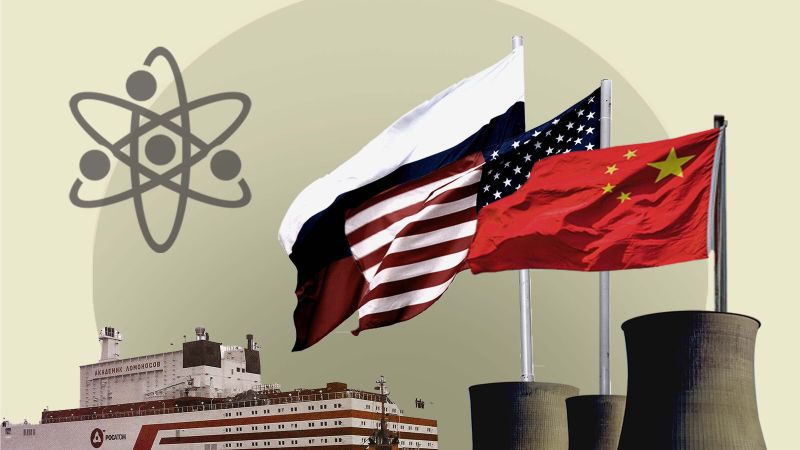- cross-posted to:
- [email protected]
- cross-posted to:
- [email protected]
Off the Siberian coast, not far from Alaska, a Russian ship has been docked at port for four years. The Akademik Lomonosov, the world’s first floating nuclear power plant, sends energy to around 200,000 people on land using next-wave nuclear technology: small modular reactors.
This technology is also being used below sea level. Dozens of US submarines lurking in the depths of the world’s oceans are propelled by SMRs, as the compact reactors are known.
SMRs — which are smaller and less costly to build than traditional, large-scale reactors — are fast becoming the next great hope for a nuclear renaissance as the world scrambles to cut fossil fuels. And the US, Russia and China are battling for dominance to build and sell them.



The construction projects themselves also typically require upgrades to local infrastructure. I live near the failed nuclear project in SC and they had to upgrade rail infrastructure near my town, they had to build multiple new bridges over the railroad because the clearance wasn’t high enough for some of the prefabricated components that had to be transported to the site by rail, etc.